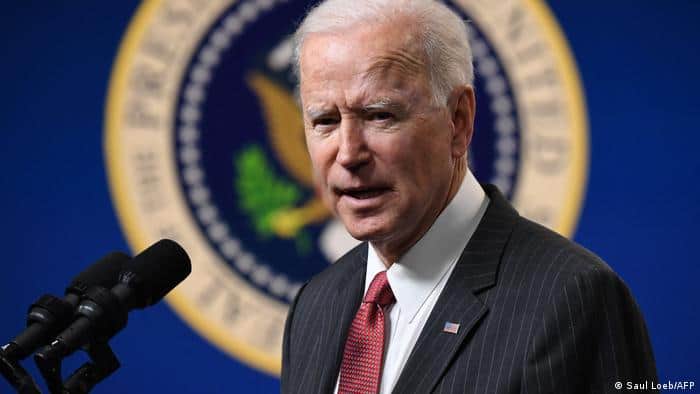But even with the decline the deficit remains “large by historical standards” and is expected to rise over the next decade, CBO Director Phillip Swagel said in a statement.
The CBO expects the deficit to fall again in the next fiscal year which runs October 1 to September 30 but rise to 6.1 percent of gross domestic product (GDP) by FY2023, significantly higher than the average recorded over the past 50 years, Swagel said.
Meanwhile, federal debt is projected to dip to 96 percent of GDP by 2023, according to the report from the independent and nonpartisan CBO, which produces regular forecasts and analyses the costs of proposed US legislation.
With surging consumer demand and low unemployment, the economy is expected to expand over the rest of the year, growing 3.1 percent, according to the CBO’s latest estimates.
But inflation, which has reached its fastest pace in four decades, is not expected to come down to the Federal Reserve’s goal of two percent for another two years, according to the report.
The CBO projects consumer prices for the year will post a four percent increase this year compared 2021 less than half the current rate but will gradually ease as the Fed hikes interest rates and growth slows.
The rising inflation pressures have prompted the Fed to begin raising interest rates aggressively to cool the economy.
Average annual GDP growth is expected to slow to 1.6 percent between 2023 and 2026 due to a mix of factors, “including tightening monetary policy and waning fiscal support,” the CBO said.
But unemployment is expected to stay close to its pre-pandemic level, according to CBO estimates, dropping slightly to 3.5 percent by 2023, barely changed from its current rate of 3.6 percent.

